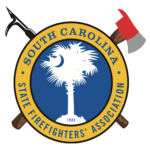Whether you are looking to be on the front lines of emergency response as a Firefighter or EMT -- or want to help your local fire department by being part of a critical administrative and support team -- South Carolina's fire rescue service has opportunities for you!
The Many Ways You Can Volunteer
Volunteer Firefighter
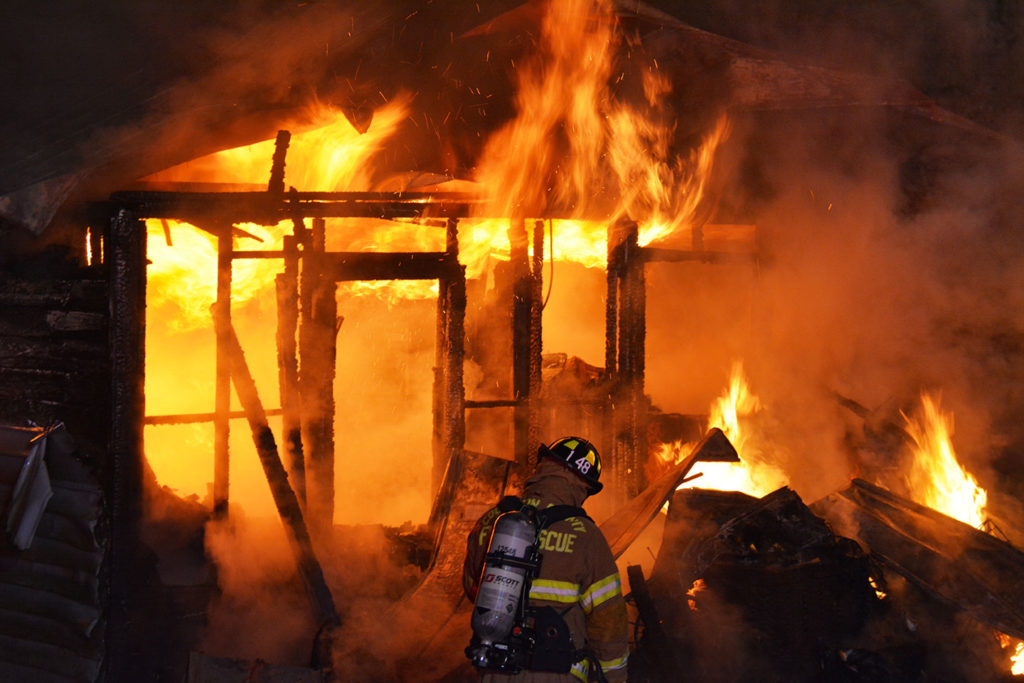
Firefighters do much more than just put out fires. As designated protectors of their communities, they attend to emergency events from fires to road accidents to floods. They also meet with their communities to teach fire safety.
Firefighters are typically among the first dispatched on every fire and rescue call and provide essential emergency response on calls ranging from car accidents to structural fires, routine service calls to major disasters.
Departments in different parts of the state have their own requirements and progression processes. Some departments have Firefighter or EMS only roles, while others may offer cross-training as a Firefighter/EMT. Ask your department recruiter for their requirements.
Volunteering in this role is physically and mentally demanding; you will be asked to intervene and provide exemplary service during the worst moments of people’s lives. Your training is very extensive but manageable if you have strong time management skills.
All training is provided free by state and county agencies, individual departments and beyond. You’ll never be lacking for learning opportunities!
Upon completion of core firefighting training, you will also have the opportunity to join a specialized rescue team such as: River Rescue and Tactical Services; Dive Rescue and Recovery; Urban Search and Rescue; and Hazardous Materials. You will find that your training is intellectually stimulating and will compliment your professional work or education; in addition to the unique skills acquired, you will become a leader among your peers and learn new management styles.
Leadership opportunities will also be available as you gain experience and further education.
Volunteer EMT or Paramedic
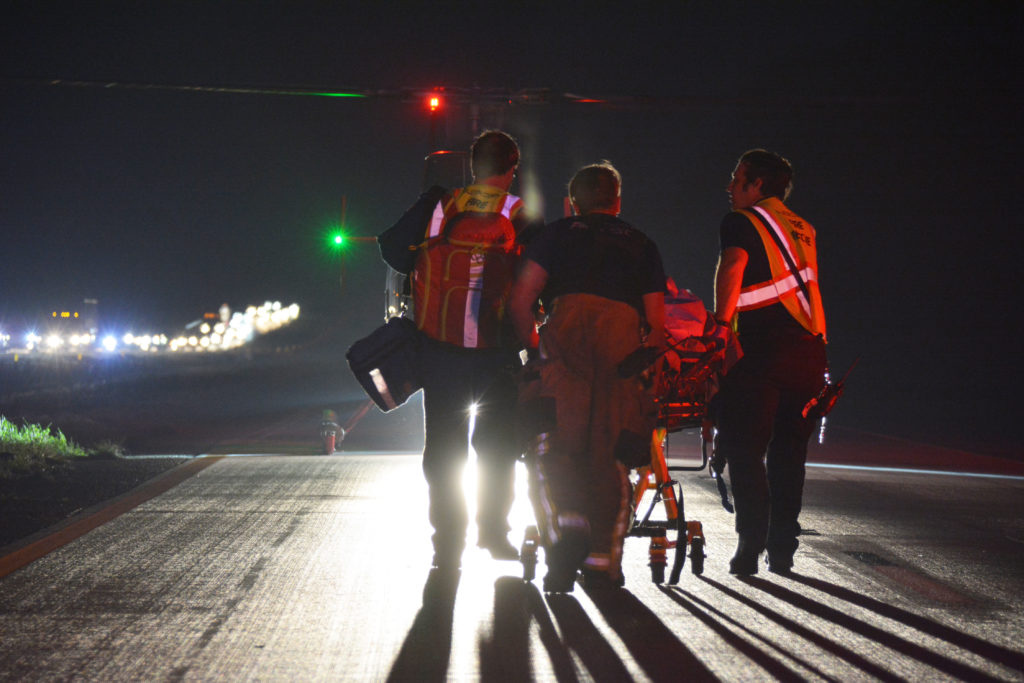
Emergency Medical Technicians (EMTs) are certified to render first aid to patients in the field, then triage, stabilize and transport patients to the hospital. In some areas, EMTs are also firefighters, rescue technicians, or special operations personnel that perform more than medical assistance.
Paramedics are the next level up from EMT — and are able to provide advanced life support in the field for more seriously ill or critically injured victims.
Volunteering as an Emergency Medical Technician and Paramedic is an excellent way to serve your community while gaining invaluable life-saving experience. EMTs perform many duties besides answering 911 calls; in this role you may be asked to assist with public education campaigns and engage the community during fire department open houses as well as other local events.
Volunteering as an Emergency Medical Technician is mentally and physically demanding; you will be asked to intervene and provide exemplary service during the worst moments of people’s lives. Your training is very extensive but manageable if you have strong time management skills.
There are a series of training courses which equate to 170+ classroom and online hours to attain the status of Emergency Medical Technician. By the end of your initial training you will be proficient in CPR and how to handle cardiac as well as respiratory arrest, heart attacks, seizures, diabetic emergencies, respiratory problems and other medical emergencies. You will also know how to manage traumatic injuries such as falls, fractures, lacerations and burns. You will find that your training is intellectually stimulating and will complement your professional work or education; in addition to the specialized skills acquired, you will become a leader among your peers and learn new management strategies.
The possibilities for advancement in this position are unbounded. Following completion of EMT class, you can take courses to become a paramedic or EMS officer/supervisor. Opportunities for Paramedic training and roles, as well as other EMS leadership opportunities may vary by department throughout the state — be sure to ask your recruiter for specific details.
Administrative & Support Volunteers
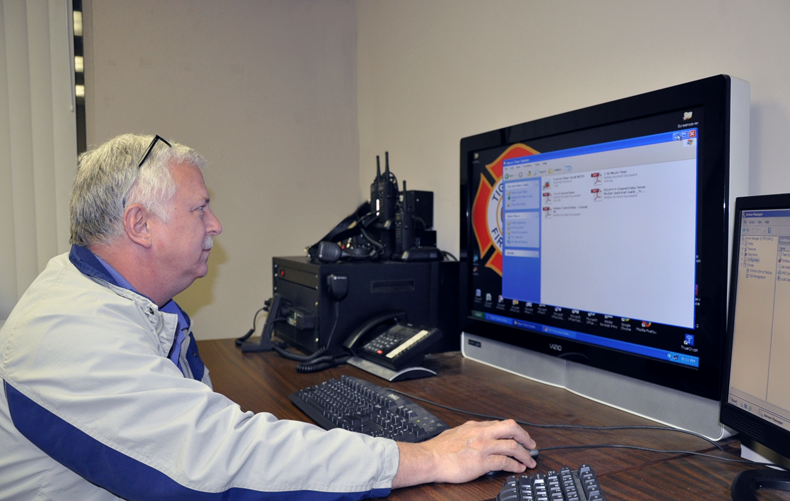
The modern day volunteer fire and rescue service needs more than firefighters and EMTs. Volunteer fire/rescue departments in South Carolina are dynamic and evolving non-profit organizations; we are in constant need of professionals with specialized skills-sets from ALL backgrounds. Non-operational volunteer contributions are critical in day-to-day operations as well as attaining long-term department goals.
Projects, programs and departments that need significant non-operational assistance include: fundraising; recruitment; marketing/branding; advertising; book-keeping; audit support; legal; event planning; graphic design; website development, training management, curriculum development; database management; donor management; public/media relations; facilities; social networking; film production; food preparation; and procurement.
Administrative, support and auxiliary membership is available for applicants who do not wish or may not be able to participate in Fire/Rescue or EMS operations, but still desire to serve their local volunteer fire department.
Do you have a desire to support fundraising, departmental events, public service events, work details, administrative support and other non-emergency related functions? There are so many opportunities — and many of them are flexible to meet your schedule and availability.
Everyone has a talent and a unique perspective which can be applied to the betterment of the volunteer fire/rescue service throughout South Carolina.
Every department has different needs and these opportunities may vary by department — ask the recruitment team from the department(s) you visit about their needs to see if you are a good match!
Junior, Cadet & Explorer Programs
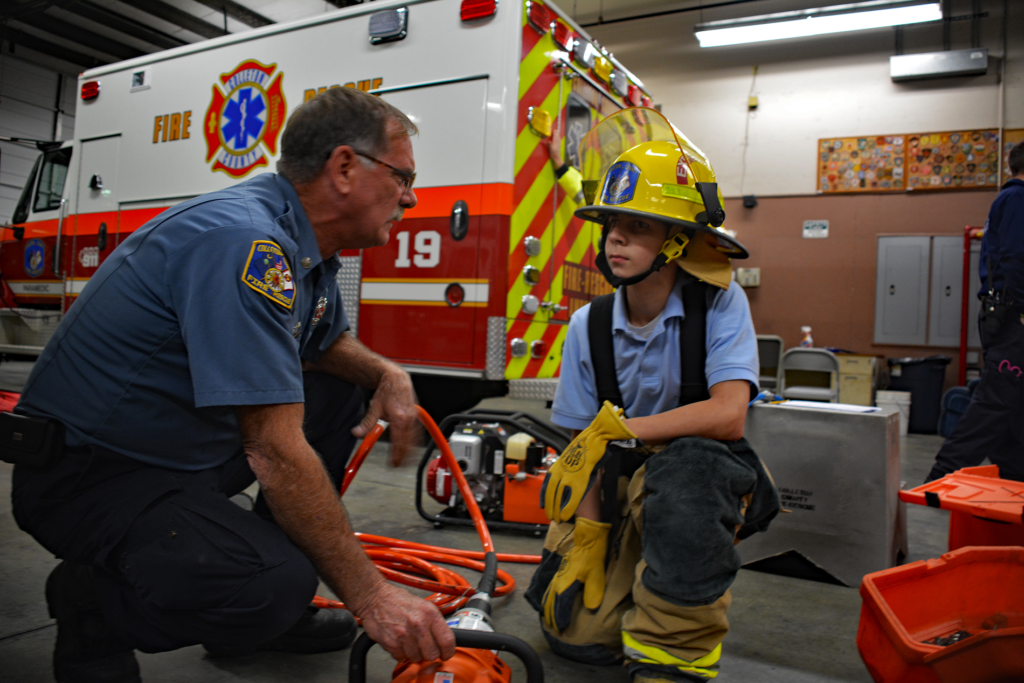
Many volunteer Fire & EMS departments throughout the State of South Carolina offer Junior Firefighting/EMS, Cadet and/or explorer programs to those individuals interested in volunteering who are under 18 years old.
Through training and ride-alongs, they experience what it’s like to be a firefighter or emergency service provider. The experience and what is included in junior level memberships does vary by department, so be sure to ask your recruiter for more information.
Fire/EMS classes which may be available to junior members include: Emergency Medical Technician-Basic, Firefighter I & II, Hazardous Materials Operations, Strategies and Tactics and Rescue Technician.
Parental permission is required to pursue junior membership and certain restrictions apply to participation while school is in session, including curfews and grade point average requirements. Letters of recommendation are strongly encouraged.
Junior members are typically very good students, possess an innate ability to lead groups and have a community conscious mindset.
This program gives young adults a look into possible career paths, and challenges them to become responsible citizens within their communities.
Auxiliary Firefighters
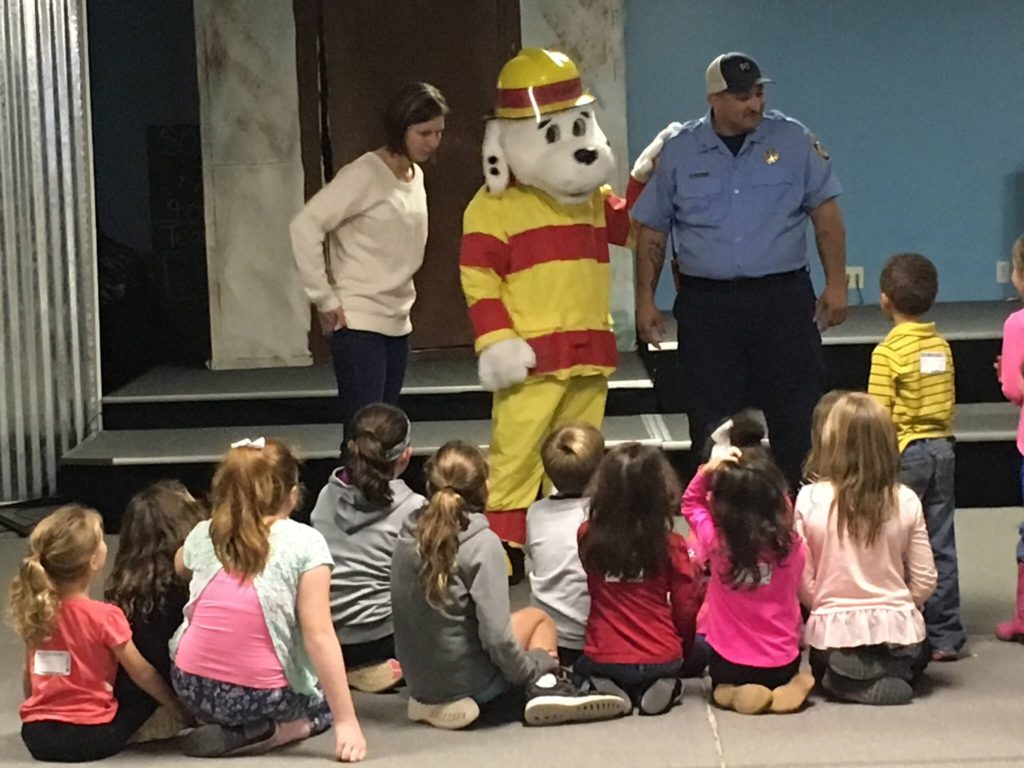
Auxiliary Firefighters support the fire departments in many ways, driving trucks, maintaining and cleaning the fire equipment, and assisting in fundraising and community awareness efforts. They dedicate their time and skills to whatever area the fire department needs assistance.
CTC Program
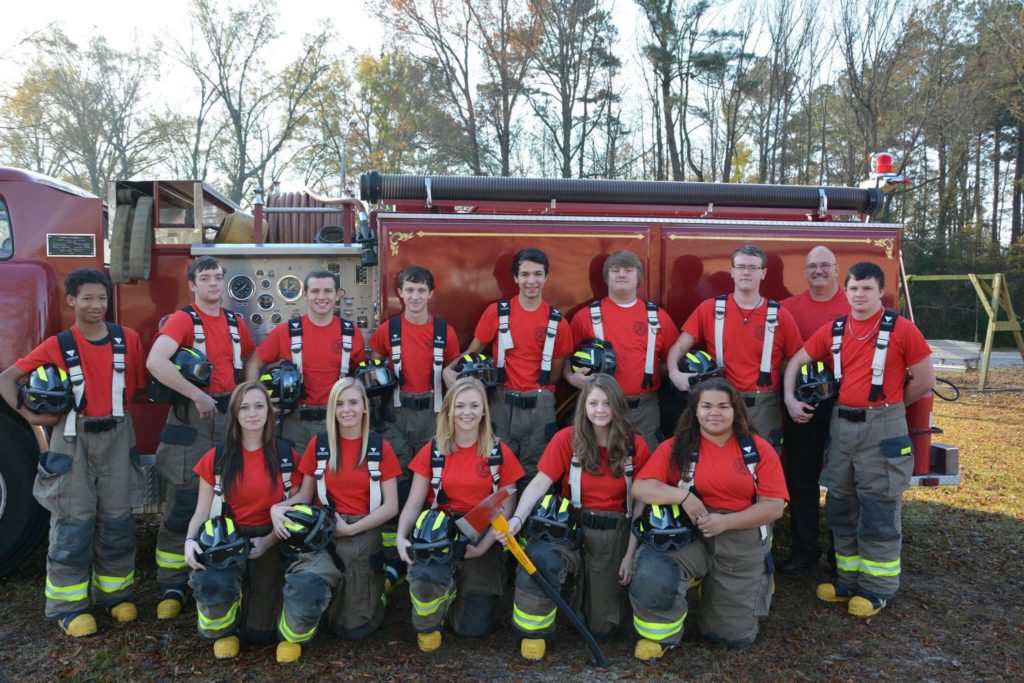
The Career and Technology Education Firefighting Program was created by the SC Fire Academy, SC State Firefighters’ Association, and the SC State Department of Education. High school students enrolled in this program receive quality instruction preparing them to obtain national firefighter certification.
Live-In Programs for College Students & More
Over 50 volunteer fire/EMS departments across Maryland offer a live-in program, an excellent opportunity to serve the community and gain significant fire, rescue and EMS response experience.
Live-in volunteers (also called Bunkroom members) typically are college students or individuals who work full time jobs — and live at the firehouse full time providing a significant, dedicated response resource. This elite group of volunteer professionals usually dedicates between 3-5 nights a week to staffing apparatus. The hard work and loyalty of live-ins reaps many benefits!
While programs vary by department, live-In members typically receive free room and board, high speed internet and computer access, use of station facilities including kitchen, gym and more.
There are a variety of college tuition reimbursement programs among the many other benefits of being in the volunteer fire/rescue service outlined here.
